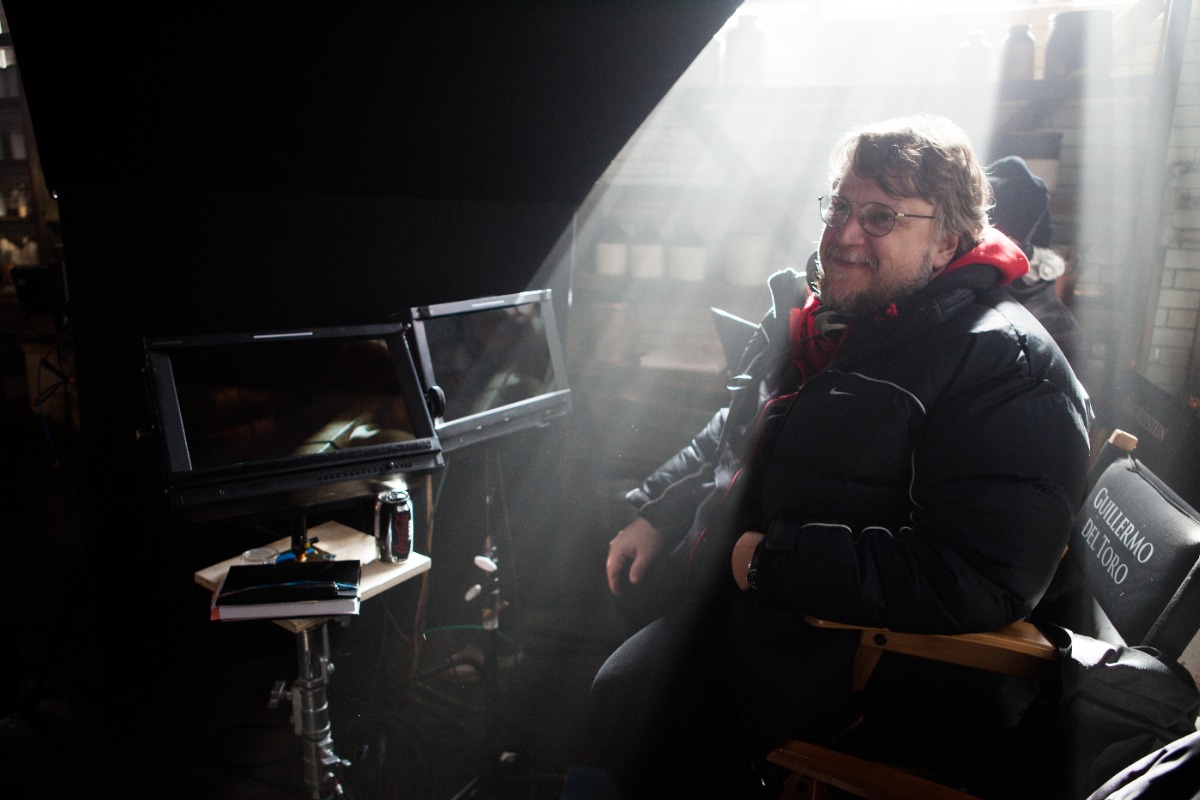
Dark fantasy, as a genre in film, doesn’t often get its due. It’s difficult to categorize with studios instead choosing to market movies as strictly horror or science-fiction or supernatural, and it almost never earns the critical respect it deserves, despite its commercial success. But these directors are working to change that.
The filmmakers on this list know the value of story-telling using dark fantasy themes, and they’re pushing the envelope of what audiences expect (and what critics appreciate) with movies that are imaginative, characters that are complicated, and visuals that are grotesquely mesmerizing. Just because their plots aren’t wholly grounded in realism doesn’t mean their themes can’t touch on tangible issues, and just because they play in the dark fantasy world doesn’t mean these directors and their films can’t appeal to the masses.
Here are six directors who have helped make dark fantasy cool again.

Guillermo del Toro
Guillermo del Toro has made a career out of dark fantasy epics that not only feel like personal, intimate portraits of the filmmaker’s life but also consistently deliver broader themes that spur audiences to talk about the messages of his movies long after they leave the theater. He’s managed to accomplish the seemingly impossible — to win Academy awards for his horror-tinged fictional tales of underwater sea creatures and childhood fables come to life — and his style, which blends surrealism with plots grounded by ideas of family, isolation, exile, love, and growing up, is not easily imitated. The visual beauty of films like Pan’s Labyrinth, the poetic subtlety of The Shape of Water, the religious imagery and grotesque monstrosity of Hell Boy, the gothic decadence of Crimson Peak — all of these films prove that del Toro is able to flit between subgenres while elevating the over-arching dark fantasy motif in a way few directors can.
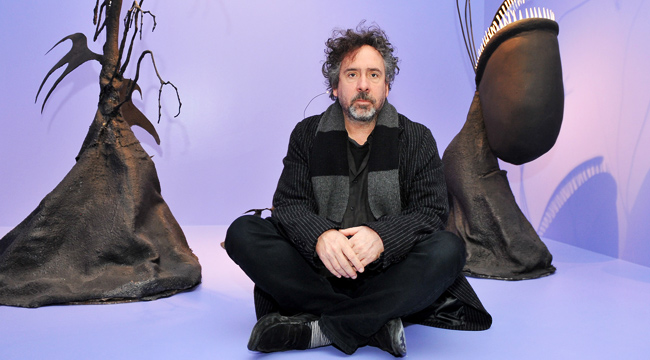
Tim Burton
Tim Burton’s name is synonymous with dark fantasy, in part, because the bulk of his career has been spent spotlighting the genre. And he’s done that in the most unique of ways, teetering between stop-motion animated classics like The Nightmare Before Christmas and absurdist fantasy-horror comedies like Beetlejuice. Burton loves pushing the boundaries of filmmaking and serving up movies that challenge audiences to watch stories far out of their comfort zones. These stories, tales of isolated weirdos with scissors for hands, demonic barbers, young dreamers who fall down rabbit holes, and parodies of Frankenstein monsters reimagined as lovable puppies, dabble in the eccentric, mining humor from classic tropes and gifting us stunning visuals that define Burton’s filmmaking.
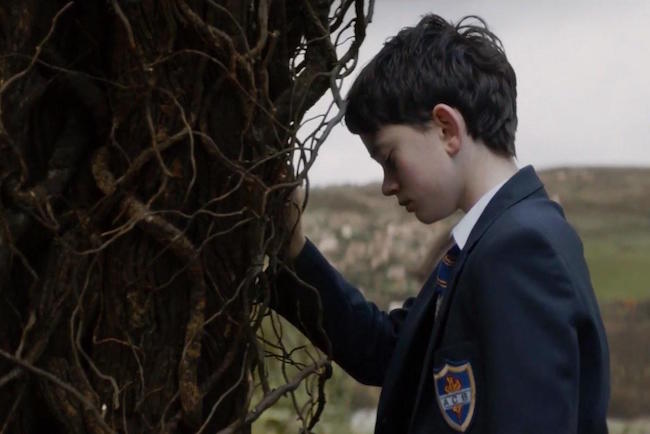
J.A. Bayona
Bayona, a rising Spanish filmmaker, already has an impressive resume of dark fantasy successes. Two of his best-performing films, The Orphanage and A Monster Calls, are heavily influenced by the genre. With The Orphanage, Bayona touches on maternal themes and familial discord through hauntings, spirits, and childhood board games. In A Monster Calls, he plays with giants and anthropomorphic trees to spin fables that illuminate the destructive power of grief and the inevitability of growing up. Through striking visuals and an uncanny ability to pair child-like story-telling techniques with the more terrifying reality of adulthood, Bayona adds a new spin on the genre.
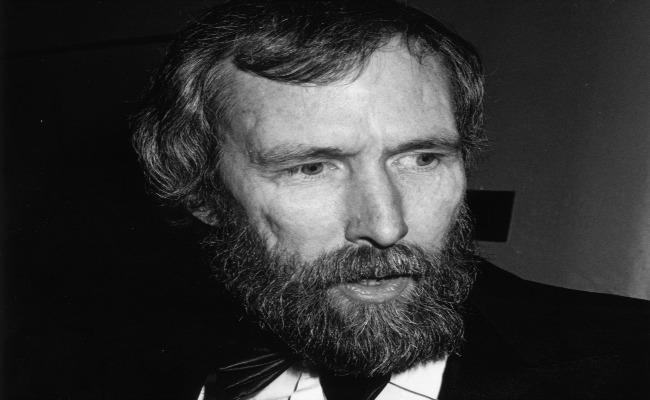
Jim Henson
In many ways, Jim Henson pioneered dark fantasy’s journey to the big screen, and he did it in the most unexpected of ways. His television legacy is cemented through children’s educational series starring muppets, marionette puppets Henson invented, but some of the director’s best work happened when he took stories made for children and infused them with fantasy and horror elements intended to strike fear and awe in his audience. He did this with Dark Crystal, an animated cult-classic about elves and dwarves and magical crystals that pulled influence from the mind-bending visuals of Lewis Carrol with a dramatic narrative about warring races and the desire for immortal life. And he did it again with Labyrinth, the beloved fantasy flick that starred David Bowie as a Goblin King and told a dark coming-of-age story wrapped in mysticism and childhood fears.
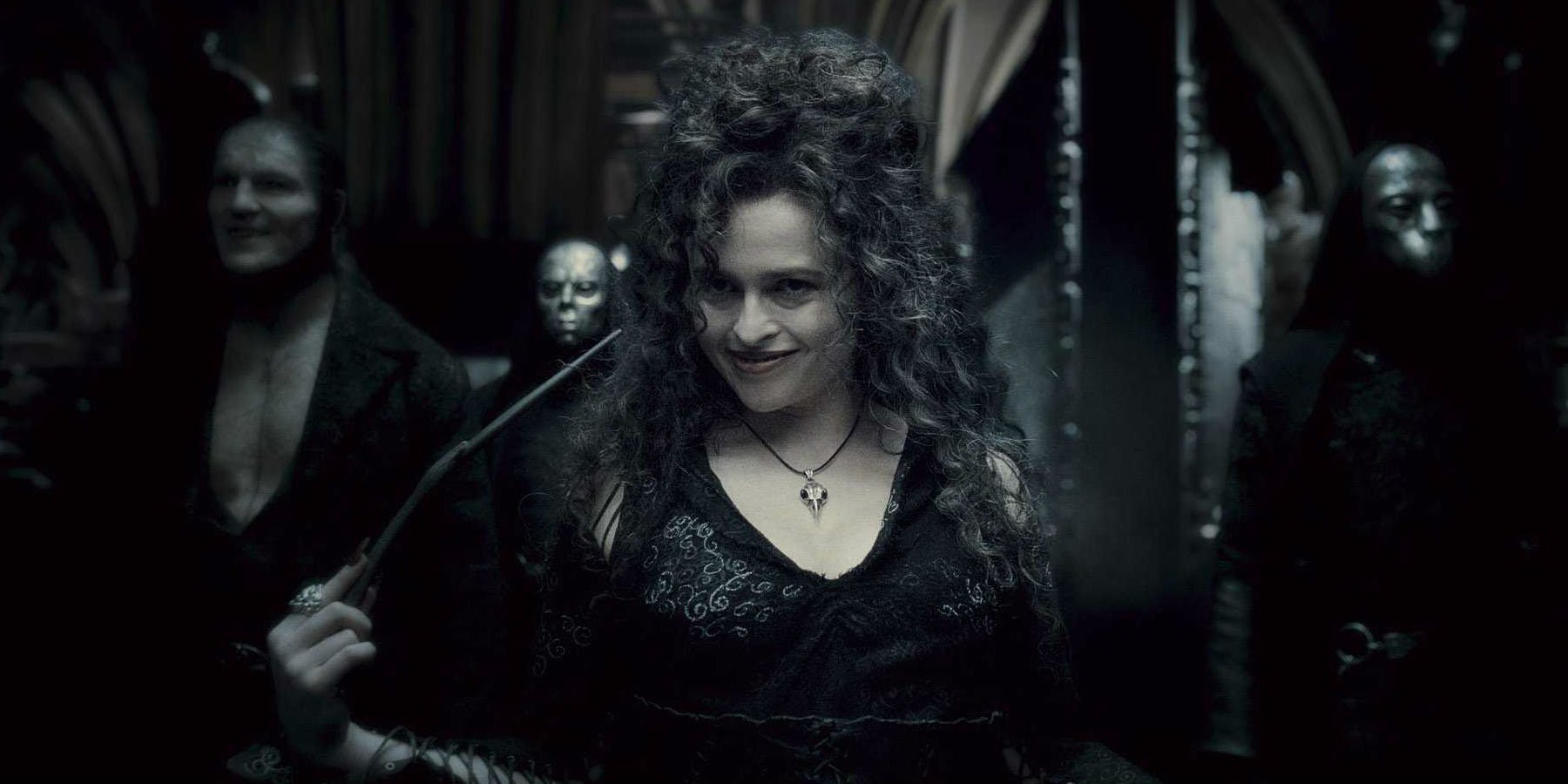
David Yates
We’ve already highlighted how the Harry Potter series pays homage to dark fantasy tropes, but there’s a marked difference in the tone of the final films in the franchise, and that’s due largely to director David Yates. After Alfonso Cuaron’s Prisoner of Azkaban, which delighted in terrifying fans of the YA book series, Yates came on board to helm the final four films and the two Fantastic Beasts prequels. These movies felt gloomier, moodier, and traded in more adult themes that pushed fan-favorite characters to confront trauma, their inner darkness, death, and the possibility of defeat. In many ways, Harry Potter earned its dark fantasy badge because of Yates’ ability to use a more sinister tone, to take risks with visuals, and to push his actors to their emotional extremes helped the series to grow up, and it helped fans appreciated a new genre.
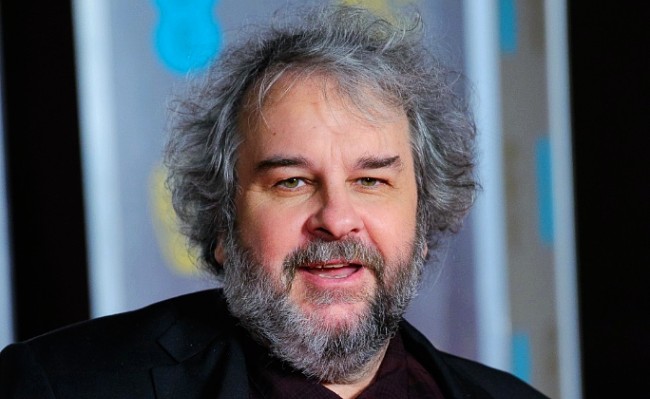
Peter Jackson
Peter Jackson’s blockbuster Lord of the Rings franchise is considered high fantasy by most, but the director also succeeded in infusing the story of hobbits and orcs and evil sorcerers with enough horror to justify a dark fantasy nod as well. Both the original series and The Hobbit trilogy boast terrifying supernatural elements and characters who bridge the divide between good and evil. Dark fantasy, in many ways, is about anti-heroes, protagonists thrust into impossible situations who flirt with their more devious natures, sometimes even give into them, because of the surrealism of their surroundings. With characters like Frodo and Gollum and Thorin Oakenshield, Jackson pushed fans to doubt the moral integrity of his heroes, and the easy characterization of his villains.
